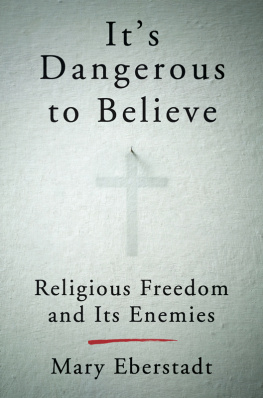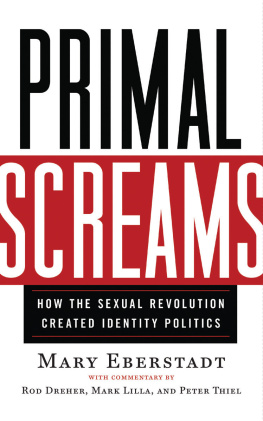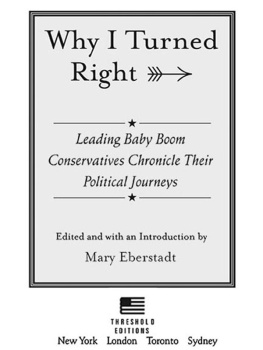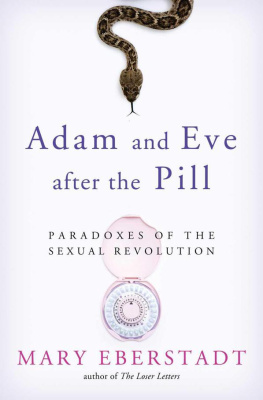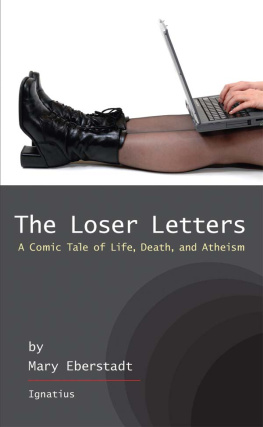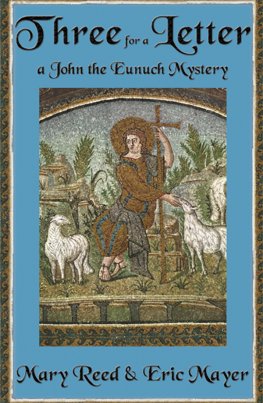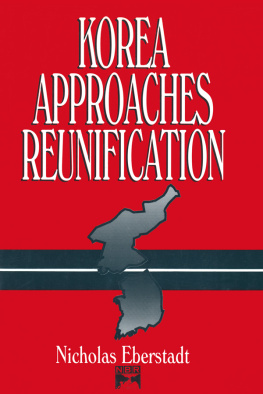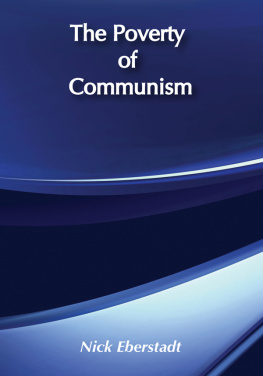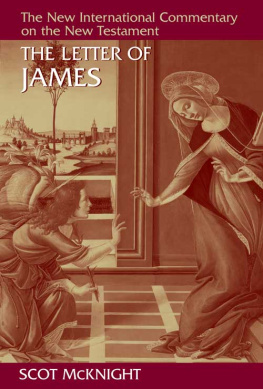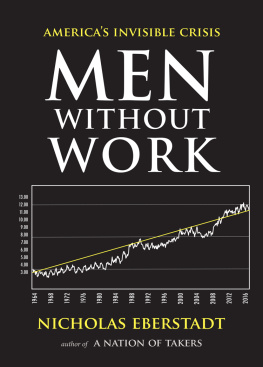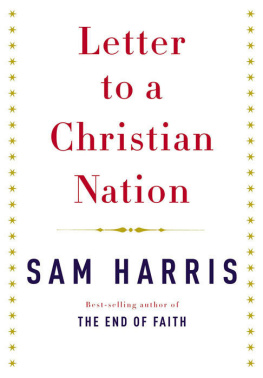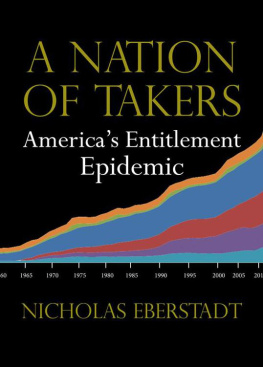Where will we go?
The first time I heard an American Christian ask this shocking question was around three years ago.
Following a public talk in downtown Denver about religion and secularization, subjects of my last book, I was invited to dinner with a dozen or so other guests at someones home in the Rocky Mountain foothills. It was a lively, loquacious evening. Most of those present were college-educated professionals, some with advanced degrees; all happened to be practicing Catholics, and all leaned toward the conventional end of the religious spectrum. As the conversation revealed, they were also involved in various charitiesbeginning with our hostess, who had just started up a new program for homeless women in a blighted area of downtown.
The company was inspiring, the atmosphere festive, and the dinner talk ranged over books and theater, local and national politics, and other engaging fare. Then someone brought up the question of children, a number of whom were also presentand the barometer of merriment plummeted.
How, someone asked as she cradled her infant, could Catholic parents protect their sons and daughters from the toxic surges of todays societyespecially the rising bellicosity toward believers? This anxious query quieted the table, and more questions followed. What would these children face in the future, given the rapidly growing hostility toward religious faith? In twenty years, another guest mused, would practicing Christians even be admitted to elite institutions, like Ivy League schools and prestigious companies and law firmsor denied, on account of their beliefs?
People spoke of the anti-religious fusillade now riddling popular culture via movies, books, videos, cartoons, and related popular fare that denigrates people of faith. They spoke about the ongoing vilification of Christians, especially, as haters and bigots. Some asked: What is a believer to do these days? Withdraw into tiny communities, as disparate thinkers have lately urged, hoping like the monks of yesteryear to ride out a new dark age? Or should they instead stand tall as witnesses, and endure castigation in the newly virulent public square? What about other options, like moving to other states or even other countries where religious people could live out their faith in peaceand where, if anywhere, did such places exist?
Or as someone, somewhere in the mix put it, Where will we go?
None of us are strangers to the so-called culture wars: the longstanding, passionate, bitter debates over school prayer, abortion, pornography, sex education, same-sex marriage, transgenderism, women in combat, and the rest; or to wider, related cultural transformations, like the ascendency of the new atheism beginning a decade ago, or the accompanying rise of secularism and secularizationwhat the late intellectual and Catholic priest, Fr. Richard John Neuhaus, dubbed the naked public square. Momentous though all of these developments have been, theyre also no longer news.
But whats happening among Western religious believers todaythe seismic shift represented by that question heard first in Denver three years agois like nothing that has happened before. Here were serious people so concerned that their religious faith was at risk that they were wondering whether to go somewhere else. By 2016, in many influential cultural, political, and intellectual precincts, C for Christian has become the new scarlet letter.
Where will we go?
In the three years since that night in Denver, Ive learned that this question is being asked all over. Ive heard it from Baptist ministers in Texas, for example, explaining their astonishment that theyor any other Americanshad lived to see the day when a mayor of Houston would subpoena the sermons of five Protestant ministers, to see if their words about sexuality ran afoul of a new city ordinance.
Where will we go? has also been asked by undergraduates whose religious club, InterVarsity, one of the largest collegiate associations in the country, has lately been derecognized, or denied the privileges allowed to other student groups, on campuses in numerous statesthis, for being what one writer dubbed the wrong kind of Christian, that is, those who believe traditional moral teaching.
Homeschooled Protestant evangelical college students in upstate New York; members of the Anglican Communion in Virginia and elsewhere; Dominican friars and other clergy around the English-speaking world; faculty members and administrators at several Christian colleges and universities: a lot of people feel so culturally disenfranchised that they, too, are now wondering the same thing.
Small wonder. The ranks of other people pilloried and deprived of their own pursuit of happiness now grow apace: the high school football coach suspended in Washington State in 2015 for kneeling to say a prayer at the end of a game; and related cases in which acting on religious conviction has been punished, at times vehemently.
Consider some other recent examples:
In 2014, Brendan Eich, the CEO of Mozilla and creator of the JavaScript programming language, loses his job after it is revealed that he donated one thousand dollars on behalf of Proposition 8, a ballot initiative in California limiting marriage to a man and a woman (inter alia, the ballot passed in 2008 by 52 percent of the vote). A cyber-shaming war ensues, and Eich resigns.
A thirty-three-year Catholic theology teacher in New Jersey, Patricia Jannuzzi, is fired for posting statements on her Facebook page expressing Catholic teaching about same-sex marriage.
Two months before the U.S. Supreme Court hears oral arguments in the landmark marriage case of Obergefell v. Hodges , the New York Times runs what once would have been a shocking front-page story: unlike any other major case in Supreme Court history, this one could attract no blue-chip firms, and no celebrity lawyers, to argue one side of the casei.e., against the claim that there is a constitutional right to same-sex marriagefor fear of the professional and personal consequences. Michael W. McConnell, a former federal appeals court judge and Stanford law professor, observes that The level of sheer desire to crush dissent is pretty unprecedented.
An adjunct professor at the University of Illinois, Kenneth Howell, hired to teach a class in modern Catholic social thought, is suspended from the classroom for teaching modern Catholic thought about natural law.
A Christian pastor in Atlanta renowned for his work against human trafficking, Louie Giglio, withdraws from giving the benediction at President Barack Obamas second swearing-in ceremonythe day after a progressive watchdog group posts a sermon from the mid-1990s in which he tells Christians to lovingly but firmly resist nontraditional marriage, and a social media campaign against him leads White House spokesmen to distance themselves.
A visitor to the National Gallery of Art in Washington, D.C., is ordered to remove a pro-life pin on her lapel before entering, because it is a religious symbol.
In Massachusetts, an inner-city school district votes to sever ties with a Protestant college whose students tutor failing public school students. A committee member explains, You have to draw the line somewhere. If the Ku Klux Klan, for example, made the best school lunch in the world, were not going to hire them to make the school lunch.
The city of Houston issues subpoenas ordering specific pastors to turn over any sermons mentioning homosexuality, gender identityand/or the mayor.


